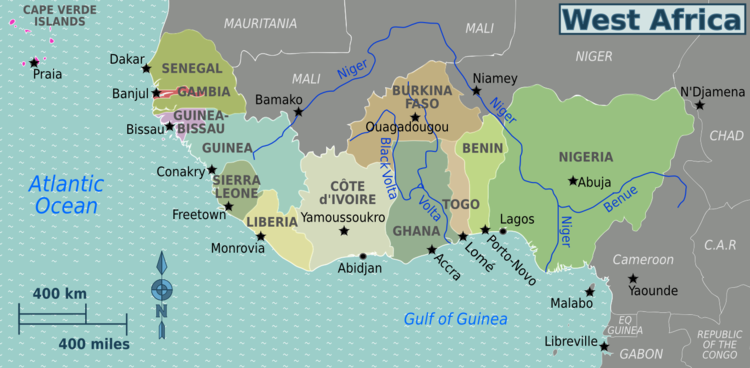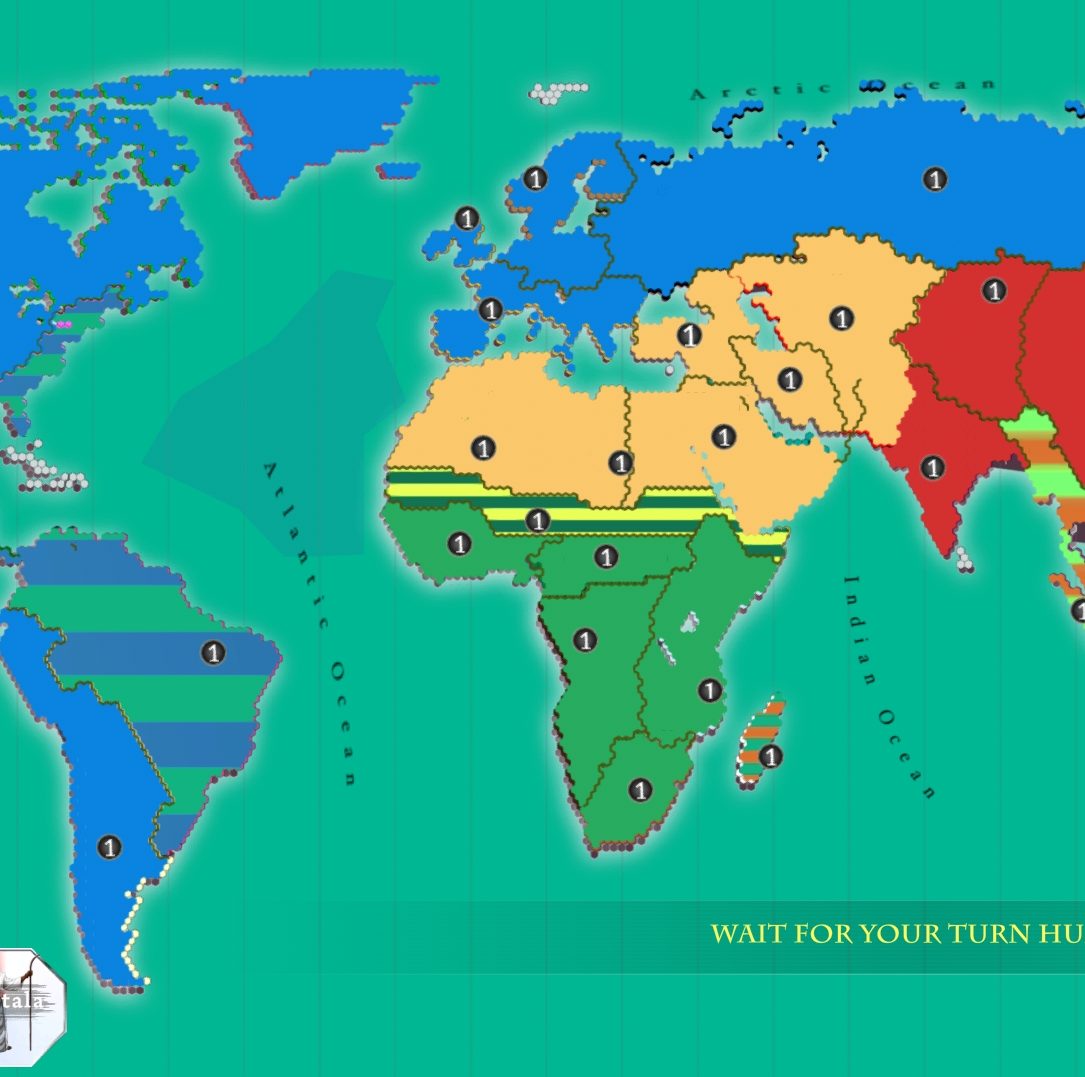Ghanaians/Ivory Coast have one of the longest and oldest DNA strands and are proven to be one of the world’s oldest peoples.
Over 40 percent of present day Ghana are Twi speakers, who migrated from Southwest Nigeria up the River Niger to Upper Volta (Burkina Faso)/Mali area before coming down the Pra River towards the coast.
It is believed that Eurasians and their Afro-Asian descendants pushed the Original African peoples from the gold trade markets on River Niger. They split into the Twi/Akan groups in Ghana and Baoule in Western Ivory Coast.
Another group migrated from the Southwestern Nigeria Garden of Eden are the Ga/Dangbe group that migrated through the rainforests of Benin and Togo.
Unlike the Twi speaking peoples that stayed awhile in the Northern grasslands, the Ga/Dangbe retained the 16 sector/ejiogbe of the African Information retrieval system known as Ifa in Yoruba and Afa in Igbo.
The Twi people essentially remained a grassland Middlebelt group until trade shifted from River Niger to the coasts. The southern Ghanaian forests remained essentially virgin forests till about 1600s when gold and slave trades blossomed.
It is claimed that the southern Ghanaian coastal forests were cleared by slaves from the Yoruba sphere less than 200 miles away. The Denkyira and Akwamu empires of the 1600s rose on slavery as they were able to sail on inland waterways that took them into the population centers of Southwest Nigeria, the Slave Coast.
Denkyira and Akwamu empires also raided for slaves in the grasslands stretching from the Ashante people to the Mossi people’s of Upper Volta. The European militarization of the area resulted in the people’s coalescing for collective defense and offense into kingdoms.
The Akan had formed a small Kingdom for over a 1000yrs in kumasi. In reaction to slave raiding of the Akwamu Empire, the Twi speaking sphere in the grasslands at the frontier of the Southern forests, formed the Ashanti kingdom with the first Ashantihene Ose Tutu (1695 to 1717).
The Akan and Fante gradually moved towards the coast of Accra and Takoradi and Tema.
The Hausa-Fulani speaking peoples and other Afro-Asians were the last migrants into the area. Though some Original Africans had been earlier converted into Afro-Asians, the numbers of Afro-Asians greatly increased during the 1800s Fulani upheaval from Guinea to Nigeria.
With the European takeover of the Morocco coast and fall in Niger and Trans-Sahara trades, the Fulani Islamists set to wrestle the Original African lands and coast trades from Europeans.
Now, in modern times, the people cut apart by European borders trade and intermarry as Yoruba and Igbo presence in Ghana has risen. Nigerians are the highest Black investors in Ghana. Due to Nigeria’s huge population nearly ten times that of Ghana, Nigeria has been able to use it’s scale of production to provide cheaper goods.
Politically their fortunes have been tied together starting from when Nnamidi Azikwe, an Igbo, brought the new brand of Black liberation politics from Philly, USA. Zik mentored Kwame Nkrumah and sent him and others to study in Philly.
Nkrumah was to lead the new generation of Black liberators, not only in Ghana but across Africa, especially in East and Central Africa. Ghana being less ethnically diverse was able to secure independence 3yrs before Nigeria. But that was the end of the good news.
While the African English speakers engaged in Pan-Africanism, unfortunately the French speakers were overwhelmed by their separatists, especially through Humphrey Bought that the led the split of French Africa. Balkaniztion of French Africa was not only limited to traditional French colonies but former German colonies and even up to Nigeria.
The French and German colonies of Dahomey (Benin) and Togo decided to go their separate ways instead of joining with Nigeria and Ghana, which would have enabled Ghana and Nigeria to unify.
On the west border of Ghana, Ivory Coast shunned the idea of unification, while French CAMEROUN prevented the unification with Nigeria. The French were to later arm Igbos BIAFRA dreams but half hearted since it was a British proxy war.
The UK/USA Global corruption propaganda was used to recolonise both countries. On 15 January 1966, colonial soldiers recruited during the Kongo Lumumba’s UN struggle overthrew the Nigerian democratic government and 3 weeks later did the same against Ghana’s Nkrumah.
When the Northern Islamists rejected and countered the coup, resulting in the British using false news to cause Northern pogroms against Igbos, and calls for BIAFRA arose, all the colonial soldiers were summoned to Aburo in Ghana.
The Aburi talks were headed by Ankrah, the most senior colonial soldier from the Kongo cabal, who had taken over in Ghana. The Northern Islamists in Nigeria remained intransigent against the colonial soldiers and only softened their stance after the war by agreeing that Obasanjo, a Kongo recruited imperialist soldier would be the leader.
Nigeria and Ghana have continued to have their development arrested through CIA inspired corruption propaganda. The last being in 2015 when Obasanjo launched corruption propaganda against presidents of both Nations.







